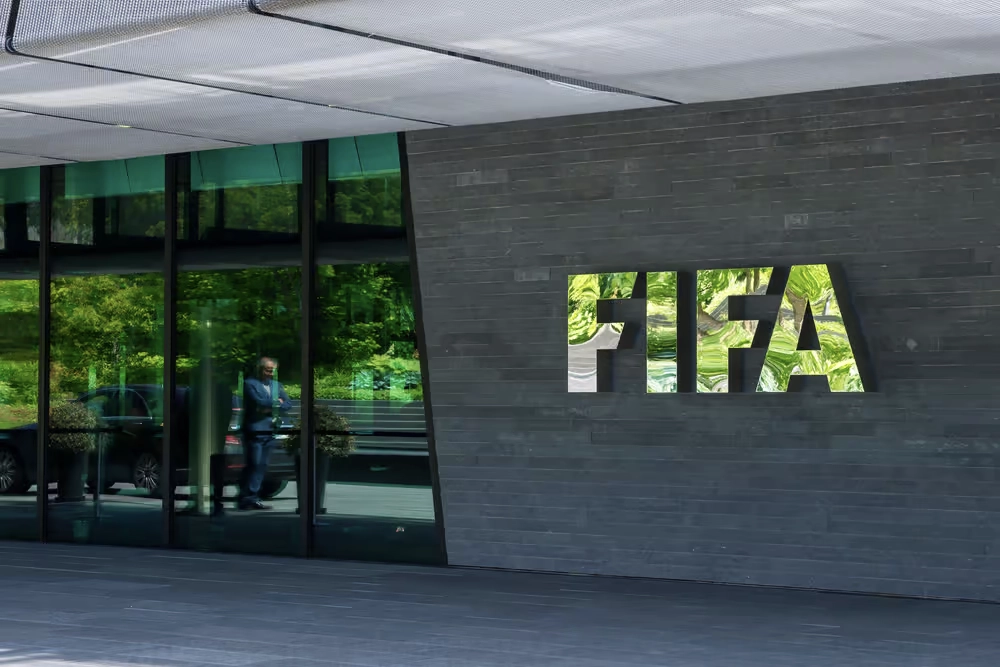Advokatfirmaet Monsen regularly represents parties (players, coaches, or clubs) before FIFA’s international arbitration tribunal for football-related disputes.
Typical Claims in FIFA Arbitration
When a dispute is brought before FIFA’s arbitration tribunal, the claim typically involves compensation—either due to unjust contract termination, unpaid wages, training compensation, or solidarity payments.
If a party is ordered to pay compensation, the losing party (debtor) is required to do so within 45 days[1]. If payment is not made within this deadline, FIFA, upon request from the winning party (creditor), may impose the following sanctions:
- If a player fails to comply with the decision, they may be banned from participating in official matches for up to six months or until full payment is made.
- If a club fails to comply, it may be banned from registering new players during three full and consecutive transfer windows, or until full payment is made.
If the debtor does not pay within the stated deadlines, the creditor may ask FIFA’s Disciplinary Committee to impose further sanctions.
These enforcement measures have proven highly effective in securing payment of compensation.
Settlement Agreements After Arbitration Decisions
In many cases, the parties enter into a settlement agreement after a FIFA arbitration decision has been issued. The debtor may seek to postpone payment or reduce the compensation amount, while the creditor may accept a reduced amount in exchange for quicker payment.
Previously, once the parties reached a settlement following a final decision from FIFA’s tribunal, FIFA considered the matter closed. This meant FIFA could not impose sanctions for breach of the settlement agreement.
As a result, if the debtor failed to comply with the agreement, the creditor would need to initiate an entirely new process with FIFA—an effort that was both time-consuming and resource-intensive.
Important 2023 Change to FIFA’s Disciplinary Regulations
In 2023, during a revision of FIFA’s Disciplinary Code, a key change was introduced. A new provision now gives FIFA’s Disciplinary Committee the authority to enforce private settlement agreements made in connection with disciplinary cases that were based on a final and binding decision from FIFA or the Court of Arbitration for Sport (CAS).
This amendment enables FIFA’s Disciplinary Committee to ensure such agreements are respected and spares creditors from having to start a new legal process to enforce a rightful claim.
[1] The 45-day deadline is suspended if the losing party requests the reasoning behind the decision and/or files an appeal with CAS.
